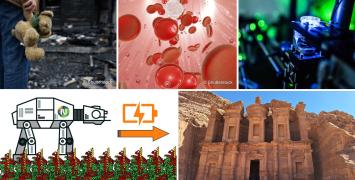Consolidator Grants 2023: Examples of projects
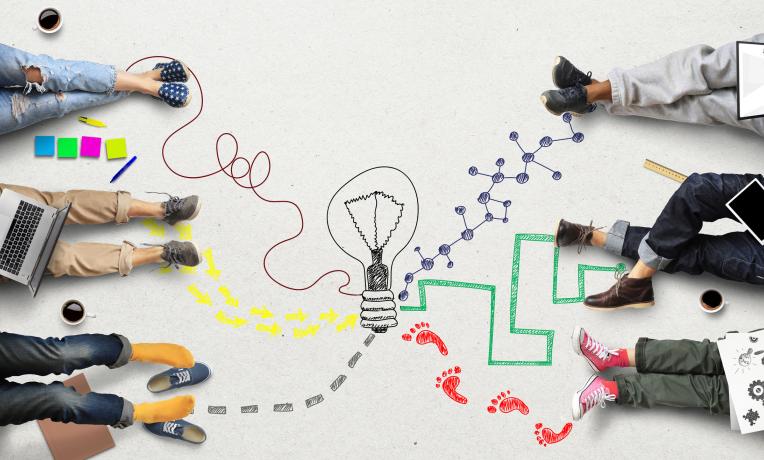
Contentious conversations on small social media platforms: can new research help tackle misinformation?
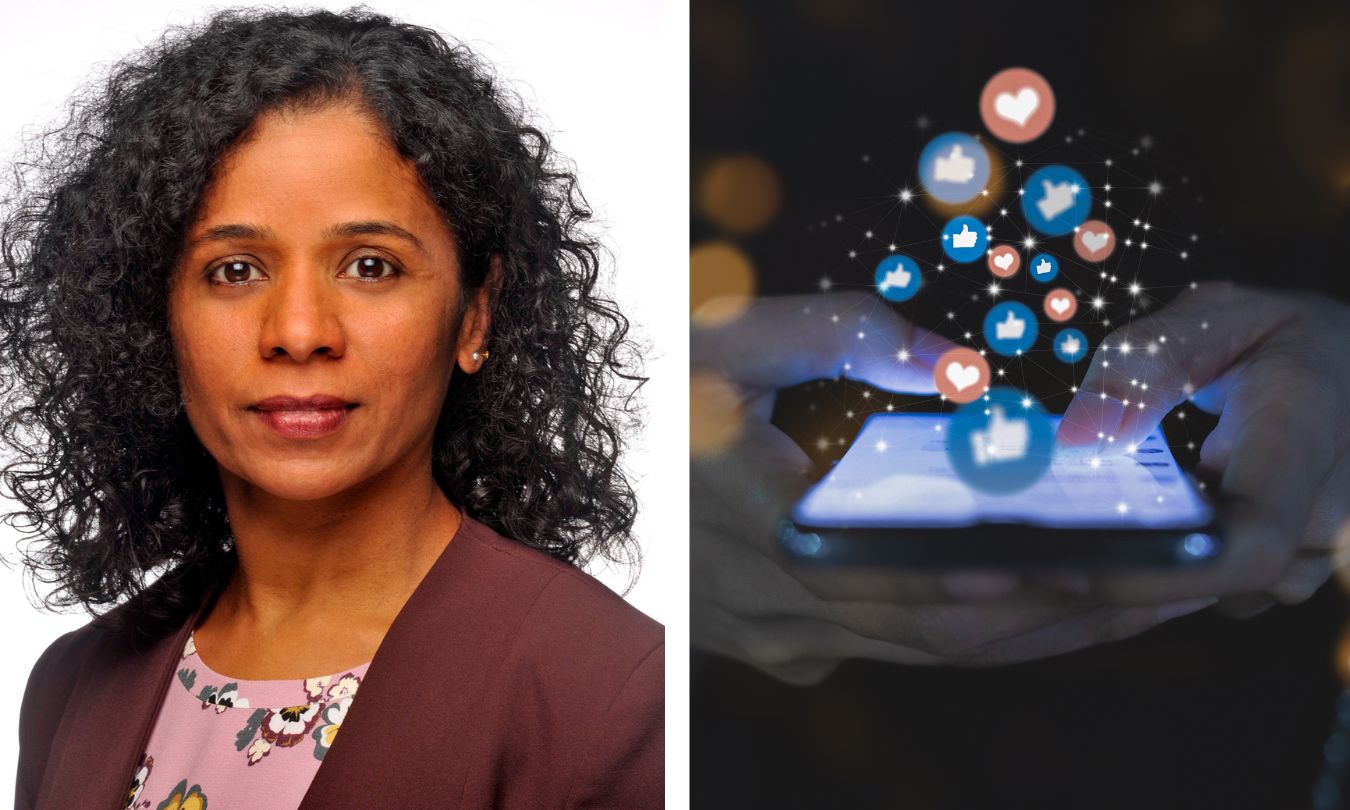
Social media plays a crucial role in modern life. Quite recently, for instance, in 2022, X (formerly)Twitter announced a change to the platform’s hate speech policy. Some such policy changes result in people migrating from one platform to another, including to smaller-scale platforms. These trends show the growing importance of researching smaller social media platforms, and their potential impact.
Grounded in anthropology and backed by policy analysis, a new study aims to be the first to explore small platforms in a cross-cultural framework, spanning on-ground and online inquiries. The project focuses on whether and in what ways contentious speech is bound up with other practices surrounding small platforms. It will explore the promise and limitations of small platforms. Among other benefits such as theorising digital discourse, the research aims to generate much-needed knowledge on how to tackle online misinformation, discrimination, and inequalities.
Behind this research idea stands Sahana Udupa, anthropologist and professor at the Ludwig-Maximilians-Universitaet Munich. Her background and expertise lie in media anthropology, digital global cultures, digital media politics, and extreme speech online.
Researcher: Sahana Udupa
Project: Beyond the Big Tech: Contentious Speech on Small Platforms (SMALLPLATFORMS)
Host Institution: Ludwig-Maximilians-Universitaet Muenchen (Germany)
ERC Funding: EUR 1,988,113 for 5 years
Using statistics to analyse how our brains learn
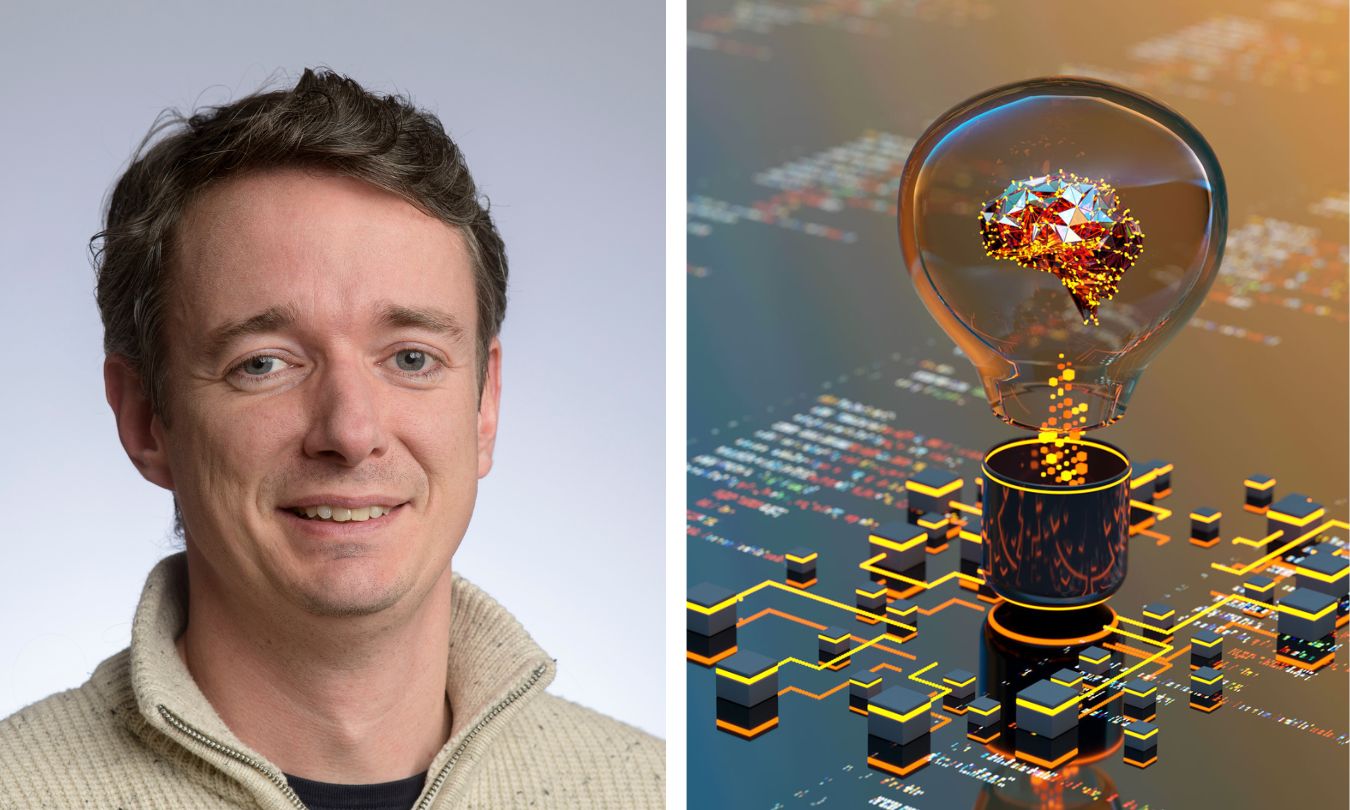
Compared to modern artificial intelligence (AI) systems, the brain learns faster, adapts better to new situations, and consumes much less energy. A child only requires a few examples to learn how to tell a dog from a cat. Most people only need a few hours to learn how to drive a car. AI systems, however, need thousands of training samples for image recognition tasks. And the self-driving car is still under development, despite the availability of data for millions of kilometers of test drives and billions of kilometers of simulated drives. Why does the brain outperform AI?
Artificial neural networks are at the core of the AI revolution. Artificial neural networks are inspired by the brain, but differ in many respects. In recent years, enormous efforts have been made to unravel their mathematical properties, leading to fundamental insights and mathematical guarantees of when and why deep learning works well.
This new research project aims to develop advanced mathematical tools to analyse learning in the brain as a statistical method. If the research is successful, it has the potential to provide insights into how the brain learns and may lead to recommendations on how to make AI more efficient with less data.
Johannes Schmidt-Hieber is a professor of statistics at the University of Twente. His expertise as a mathematical statistician, combined with his background in the statistical theory of artificial neural networks, puts him in a unique position to take the next step towards an innovative and novel mathematical analysis of biological neural networks.
Researcher: Anselm Johannes Schmidt-Hieber
Project: From A to B: Generalizing the mathematics of artificial neural networks (ANNs) to biological neural networks (BNNs) (A2B)
Host Institution: University of Twente, Netherlands
ERC Funding:EUR 2,000,000 for 5 years
Revitalising aging muscles: What is the immune connection?
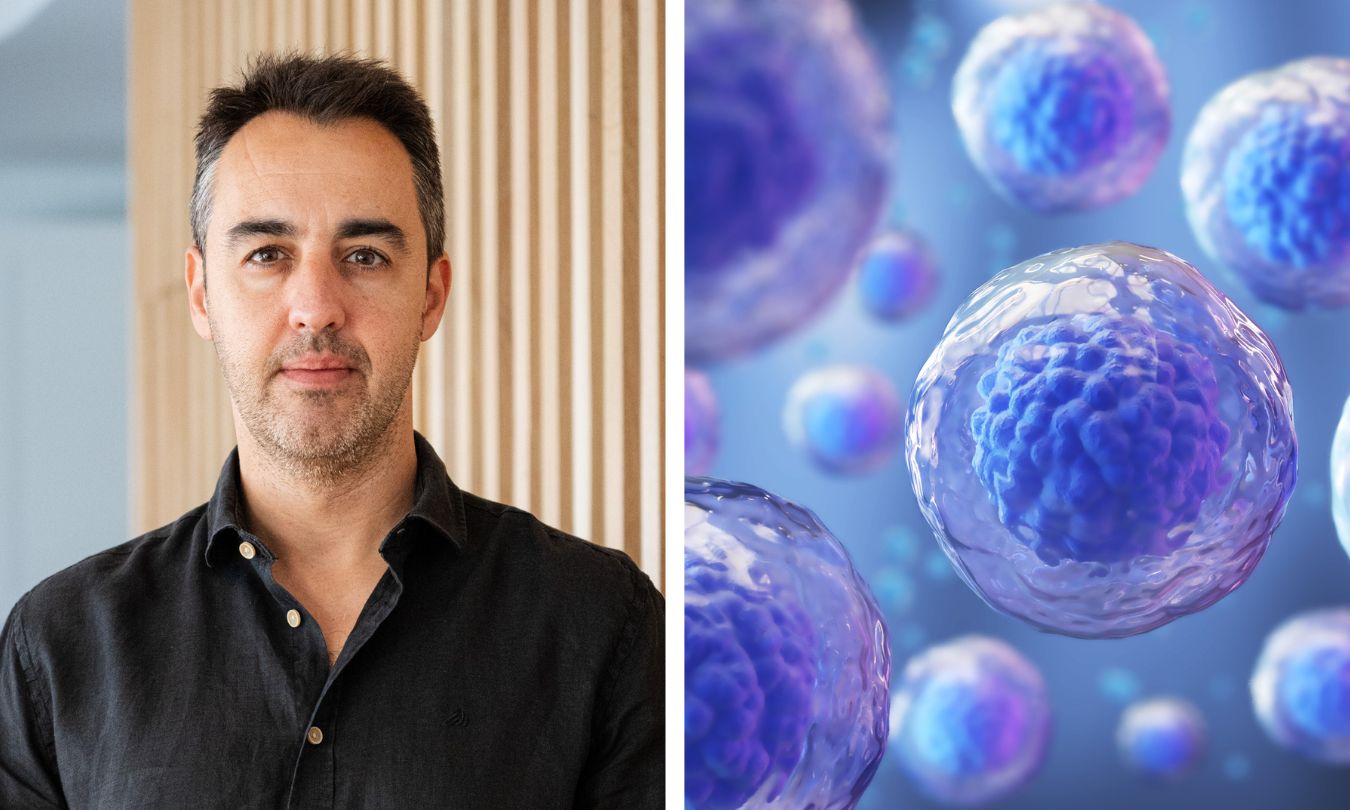
Our body's repair system relies on adult stem cells, but as we age, these cells can lose their effectiveness. It is thought that several changes in the immune system contribute to this decline. So why does our body's repair system work less effectively as we age?
Prof Sousa-Víctor and his research team aim to answer this question. The research team assumes that the immune system influences how muscle stem cells behave, impacting their ability to fix tissues. They are focusing on specific immune signals that affect the ability of muscle stem cells to repair tissues, using skeletal muscle as a model. The goal is to find immune factors causing regenerative decline in aging. Another target is to track how muscle stem cells change during repair, looking at their genes to better understand aging-related issues. This combination of findings will be used to improve therapies using muscle stem cells in older people.
Pedro Sousa-Víctor is a Group Leader and Professor at the Institute of Molecular Medicine (iMM) in Lisbon since 2019. Together with his research team, he works in the fields of stem cell aging and regenerative medicine to contribute to the mission of the iMM: a better understanding of disease mechanisms.
Researcher: Pedro Sousa-Víctor
Project: The Interplay of Aging, Immune Signaling and Stem Cell Function (immSC-AgingFate)
Host Institution: Institute of Molecular Medicine/Instituto de Medicina Molecular João Lobo Antunes, Portugal
ERC Funding: EUR 1,998,843 for 5 years
Accountability matters: Mercenaries in global conflicts
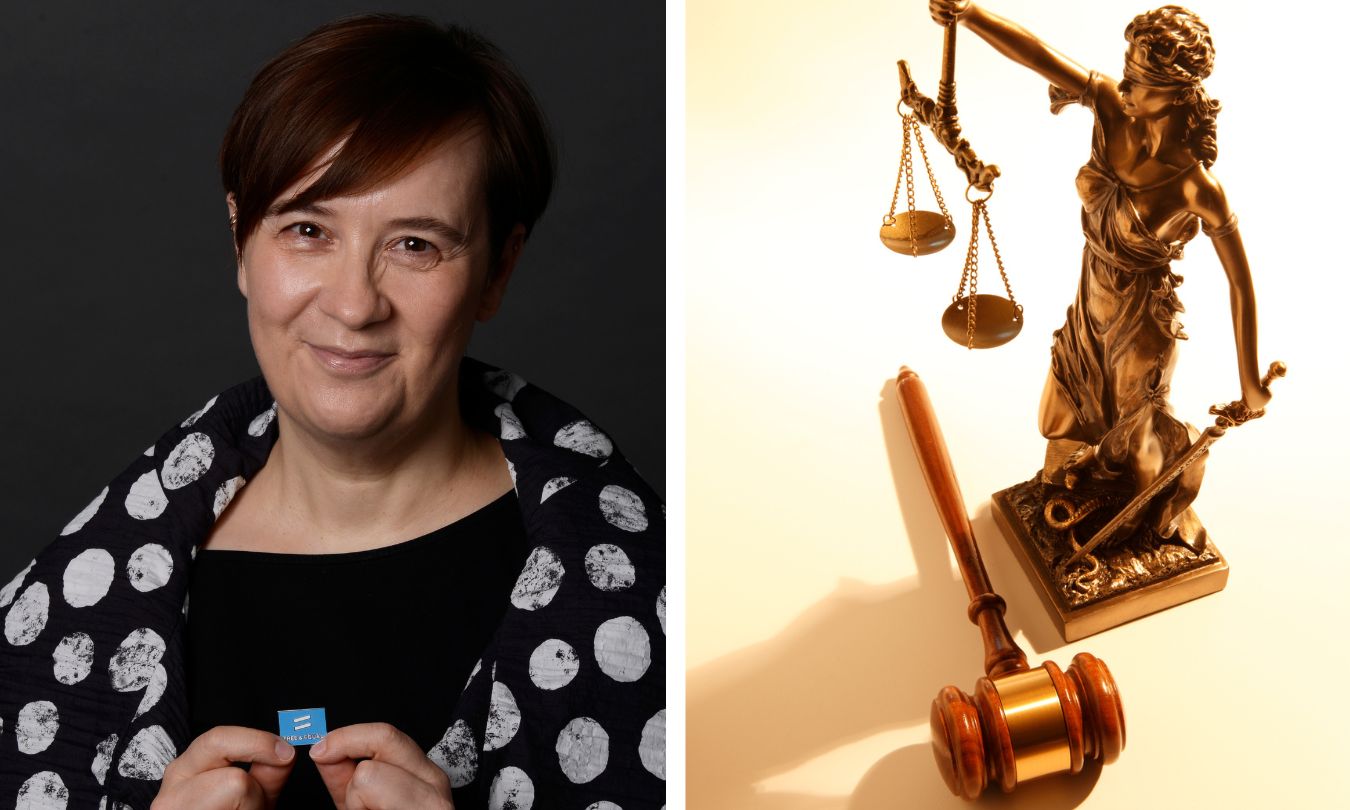
Private military entities infiltrate conflict zones, as seen in regions like Libya, Mali and Ukraine. These mercenaries, operating with little to no consequence for their actions, play a significant role in keeping conflicts going, exacerbating human rights violations, and committing war crimes. Despite the considerable and widespread negative consequences affecting millions, the accountability mechanisms for these hired guns are lacking.
New research led by Prof. MacLeod, an expert in the field, strategically addresses this gap by integrating advanced mapping techniques and comprehensive legal analyses. Through this combined approach, the project seeks to reveal shortcomings in current legal frameworks and processes, providing a detailed understanding of the challenges in holding these entities accountable. The primary objective is to ensure strong and efficient routes to justice for victims, providing essential insights for those dedicated to preventing abuses by mercenaries and ensuring access to justice for those affected by their actions.
Sorcha MacLeod is an Associate Professor in the Faculty of Law at the University of Copenhagen. She specialises in business, human rights and security, in particular the human rights impacts and regulation of Private Military and Security Companies.
Researcher: Sorcha MacLeod
Project: Mercenarism and the Accountability Void: Finding routes to accountability and remedy for the victims of human rights abuses perpetrated by mercenaries (MERCURY)
Host Institution: University of Copenhagen, Denmark
ERC Funding: EUR 1,999,993 for 5 years



